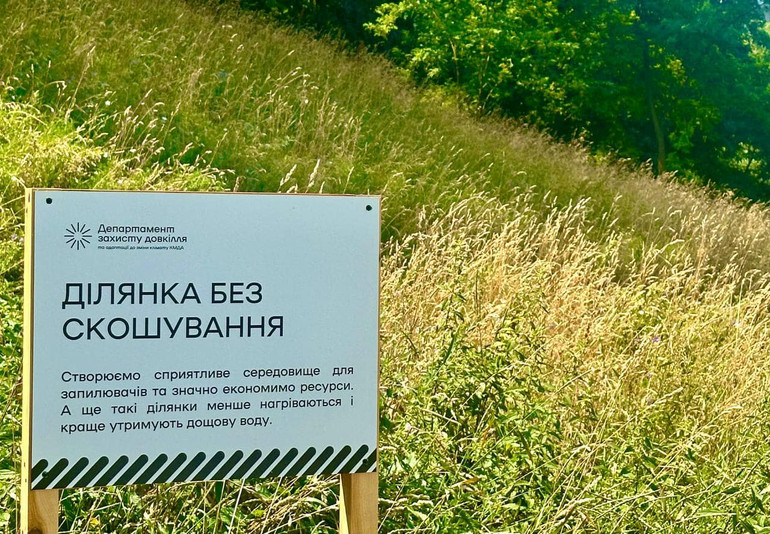The Government approves the creation of 50 new places of judges and 42 of prosecutors specialized in violence over women | Spain

The Council of Ministers plans to approve on Tuesday the creation of 50 new places of judges and 42 of prosecutors specialized in violence over women to deal with Increase in workload that will imply the new law of measures on efficiency of the public justice service for the courts specialized in sexist violence. This rule contemplates that, as of October 2025, The courts of violence about women will have to take care of the processes on crimes against sexual freedom even if there is no there or there has been a couple link between the aggressor and the victim, which has led the judges of violence over women to mobilize to warn of the “collapse” that, they say, will cause that change.
The increase in the number of judges and prosecutors is the result of a pact between the Ministry of Presidency, Justice and Relations with the Courts and the General Council of the Judiciary (CGPJ). Government sources highlight that, with this extension, an increase close to 50% in the number of judges specialized in violence over women in Spain is expected (there are currently 116 specialized courts).
The government has already announced weeks ago the creation of fifty new courts of violence over women. However, the initially planned plan contemplated a smaller number of new places and supply the needs turning the courts of instruction into courts specialized in violence over women. Finally, after the open negotiation with the CGPJ, it has been chosen to increase the creation of courts and reduce those that are transformed, so that, of the 50 new places that are approved on Tuesday, 42 are newly created and only eight become a court of instruction to the Court of Violence. Each new judge will also be accompanied by the creation of a specialized prosecutor’s place.
A study in charge of the CGPJ encrypted in 12.9% the average increase of workload for the courts of violence that will mean the entry into force of the new law. Distributed by communities and by judicial party, the impact of it moves in a fork that goes from a maximum of 20% to a minimum of 2.79, depending on the characteristics of each territory and the means available.
The most notable increase in matters is expected in the courts of violence over the woman of Catalonia and Balearic Islands, where the estimation of the increase in the workload of the CGPJ is 20.25% and 19.60%, respectively. They are followed by Murcia (18.3%), Galicia (18.27%), La Rioja (17.36%), Navarra (17.19%), Castilla y León (17.17%), Cantabria (15.23%), Castilla-La Mancha (14.58%), Madrid (14.36%), Asturias (14.13%), Canary Islands (13.55%) and Extremadura (12.08%). Finally, Valencian Community (8.04%), Andalusia (7.32%), Aragon (4.23%) and the Basque Country (2.79%).
The Government has been guided by this study, prepared by the CGPJ statistical service, to decide the distribution by communities of the places that are created, taking into account the population and the current number of courts of each territory: in Andalusia 10 new places will be created; Six in Madrid; five in the Valencian Community; four in Catalonia, Galicia and the Canary Islands; three in Castilla-La Mancha, Balearicas and Extremadura; two in Murcia and Castilla y León; and one in Aragon, Asturias, Cantabria and Euskadi.
The Royal Decree also includes the creation of specialized sections in violence on childhood and adolescence in three specific judicial parties: Madrid, Barcelona and Malaga.








